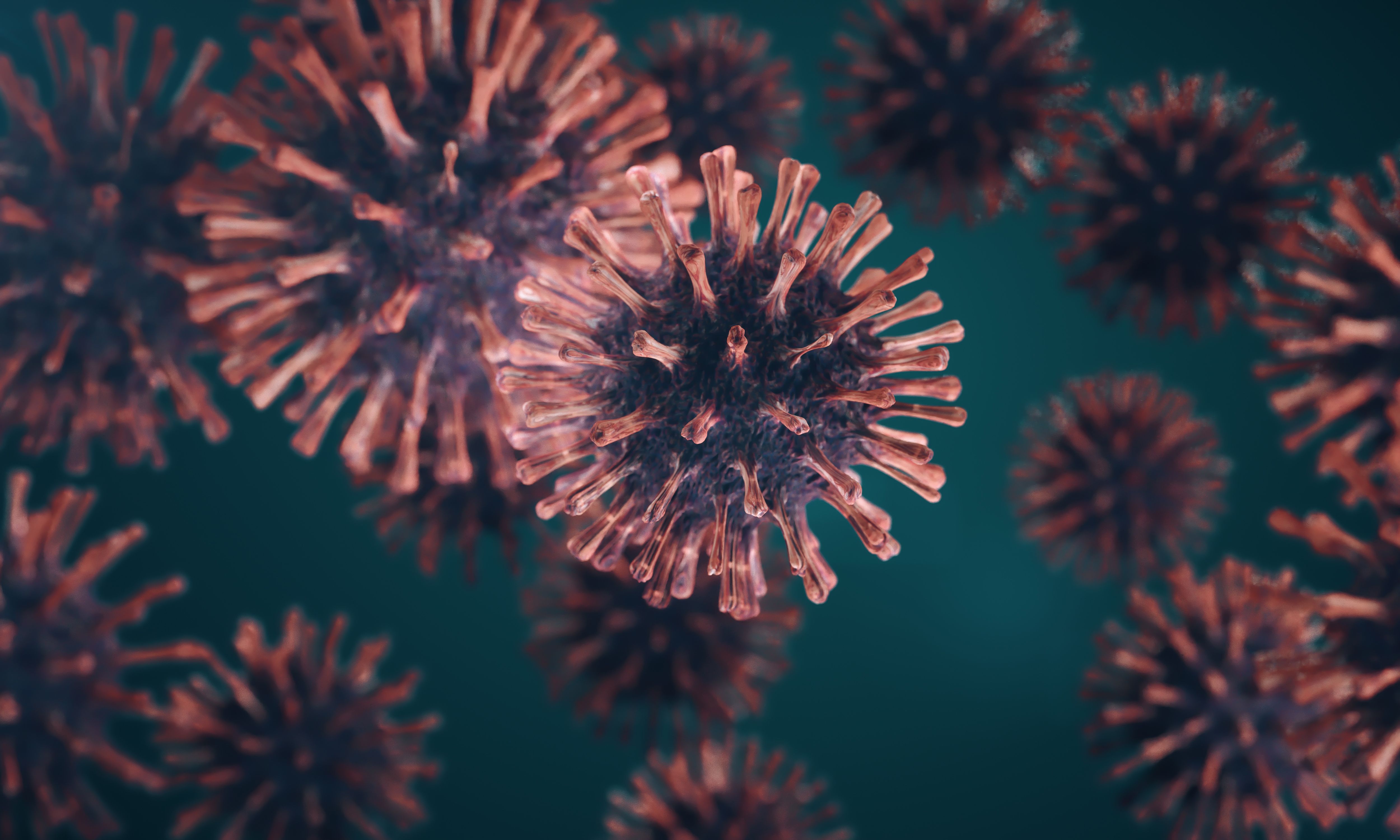FDA Issues EUA for Third COVID-19 Vaccine
The FDA has issued an emergency use authorization for a third vaccine, the Janssen COVID-19 Vaccine, for the prevention of COVID-19 caused by SARS-CoV-2.

The FDA has issued an emergency use authorization (EUA) for a third vaccine, the Janssen COVID-19 Vaccine (Ad26.COV2.S), for the prevention of COVID-19 caused by SARS-CoV-2.1,2
Following a unanimous vote from the FDA’s Vaccines and Related Biological Products Advisory Committee in favor of approval on February 26, 2021, the FDA determined that the vaccine has met the statutory criteria for an EUA, which allows for the Janssen COVID-19 Vaccine to be distributed in the United States to individuals above the age of 18.
“The authorization of this vaccine expands the availability of vaccines, the best medical prevention method for COVID-19, to help us in the fight against this pandemic, which has claimed over half a million lives in the United States,” said Janet Woodcock, MD, acting FDA commissioner, in a statement.
The Janssen COVID-19 Vaccine is manufactured using adenovirus type 26 (Ad26) to trigger an immune response against SARS-CoV-2. Unlike the 2 prior FDA-authorized COVID-19 vaccines, the Janssen COVID-19 Vaccine is administered as a single dose.
“The FDA, through our open and transparent scientific review process, has now authorized 3 COVID-19 vaccines with the urgency called for during this pandemic, using the agency’s rigorous standards for safety, effectiveness and manufacturing quality needed to support emergency use authorization,” Woodcock added.
Authorization for the vaccine is supported by data from 43,783 participants in the ongoing randomized, double-blind, placebo-controlled phase 3 ENSEMBLE trial (NCT04505722), which assessed the Janssen COVID-19 Vaccine’s ability to protect against moderate and severe COVID-19.
ENSEMBLE was conducted in 8 countries. Participants comprised a broad population, including 34% who were over the age of 60, 44% who were from the United States, and 41% who had comorbidities associated with an increased for severe COVID-19. Patients were randomized to receive either the vaccine (n = 21,895) or saline placebo (n = 21,888) and were all followed for a median of 8 weeks following vaccination. The co-primary end points were efficacy at day 14 and at day 28.
Among 39,321 participants who were evaluable for efficacy in the study without any evidence of the SARS-CoV-2 infection prior to receiving the vaccine or placebo, the vaccine was found to be about 67% effective in preventing moderate to severe or critical COVID-19 occurring at least 14 days after vaccination and 66% effective in preventing infection at least 28 days after vaccination. The Janssen COVID-19 Vaccine was also 77% effective in preventing severe or critical COVID-19 at least 14 days after vaccination and 85% after at least 28 days.
A total of 116 cases of COVID-19 were reported in the vaccine group and 348 cases in the placebo group that occurred after at least 14 days from vaccination. Sixty-six cases in the vaccine group and 193 in the placebo group occurred after at least 28 days.
Fourteen days or more following vaccination, 14 severe or critical cases of COVID-19 were observed in the vaccinated group versus 60 in the placebo group, and there were 5 and 34 cases, respectively, in the vaccine and placebo groups after at least 28 days.
The most common adverse events reported with the Janssen COVID-19 Vaccine were pain at the injection site, headache, fatigue, muscle aches and nausea, most of which were mild to moderate in severity and only lasted 1 to 2 days.
“After a thorough analysis of the data, the FDA’s scientists and physicians have determined that the vaccine meets the FDA’s expectations for safety and effectiveness appropriate for the authorization of a vaccine for emergency use,” said Peter Marks, MD, PhD, director of the FDA’s Center for Biologics Evaluation and Research, in a statement. “With today’s authorization, we are adding another vaccine in our medical toolbox to fight this virus. At the same time, the American people can be assured of the FDA’s unwavering commitment to public health through our comprehensive and rigorous evaluation of the data submitted for vaccines to prevent COVID-19.”
With the authorization, the FDA required a Vaccine Adverse Event Reporting System for reporting on serious adverse events, cases of Multisystem Inflammatory Syndrome, and cases of COVID-19 that result in hospitalization or death.
The EUA allows for the vaccine to be distributed while more data are gathered from the study. Johnson & Johnson plans to file a Biologics License Application for the vaccine later in the year. The company also recently submitted a European Conditional Marketing Authorisation Application to the European Medicines Agency and filed an Emergency Use Listing with the World Health Organization for the vaccine.
“We believe the Johnson & Johnson single-shot COVID-19 vaccine is a critical tool for fighting this global pandemic, particularly as it shows protection across countries with different variants. A vaccine that protects against COVID-19, especially against the most dire outcomes of hospitalization and death, will help ease the burden on people and the strain on health systems worldwide,” said Paul Stoffels, MD, vice chairman of the Executive Committee and Chief Scientific Officer, Johnson & Johnson, in a statement.
References
1. FDA Issues Emergency Use Authorization for Third COVID-19 Vaccine. FDA. February 27, 2021. Accessed February 28, 2021. https://bit.ly/3bHyvWU
2. Johnson & Johnson COVID-19 Vaccine Authorized by U.S. FDA For Emergency Use - First Single-Shot Vaccine in Fight Against Global Pandemic. News release. Johnson & Johnson. February 27, 2021. Accessed February 28, 2021. https://bit.ly/3dVr29i